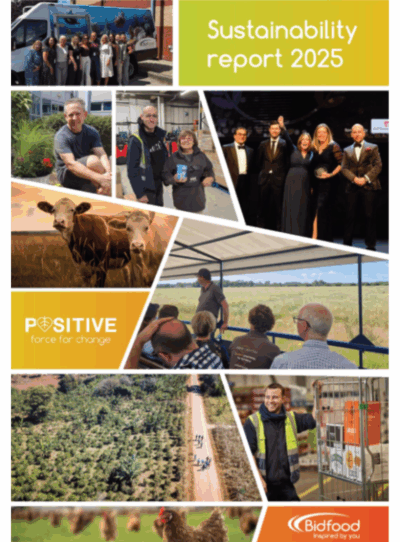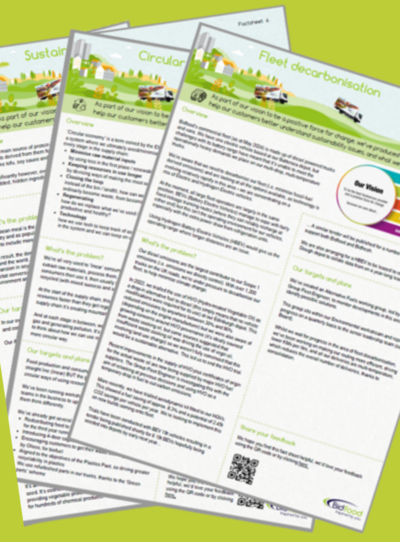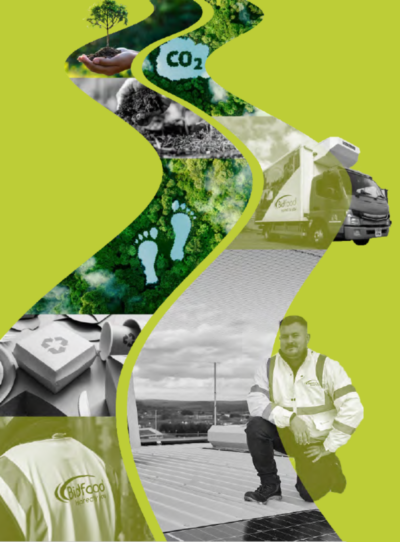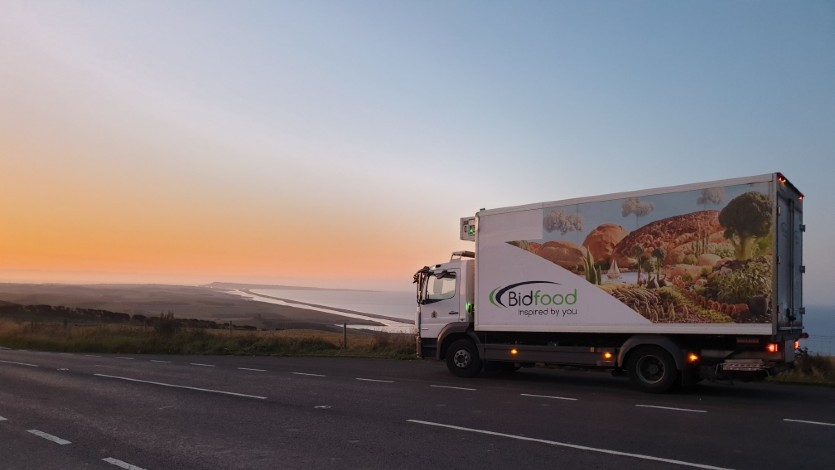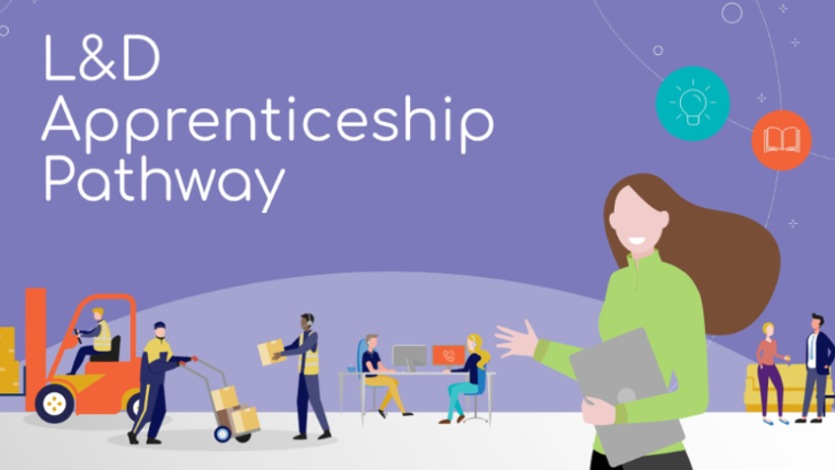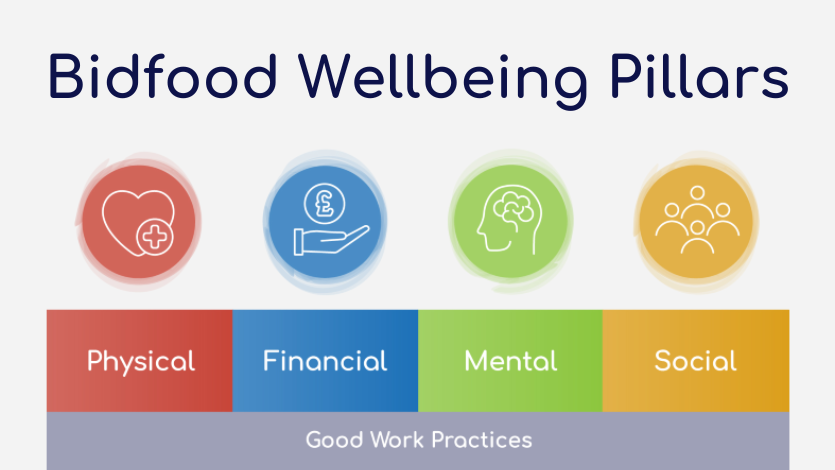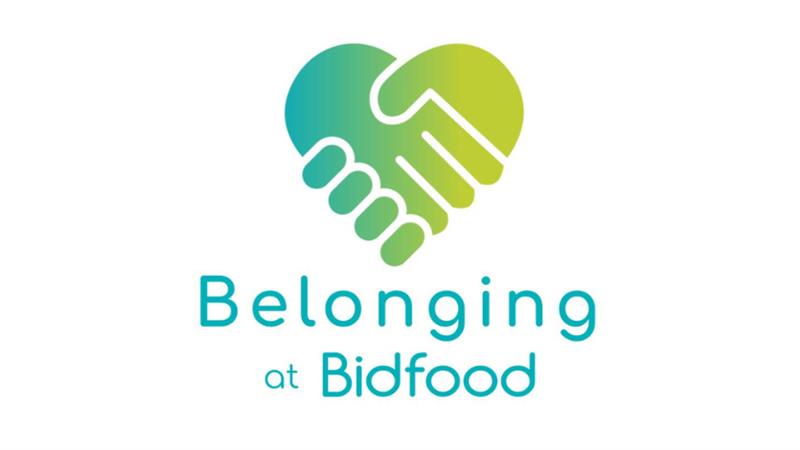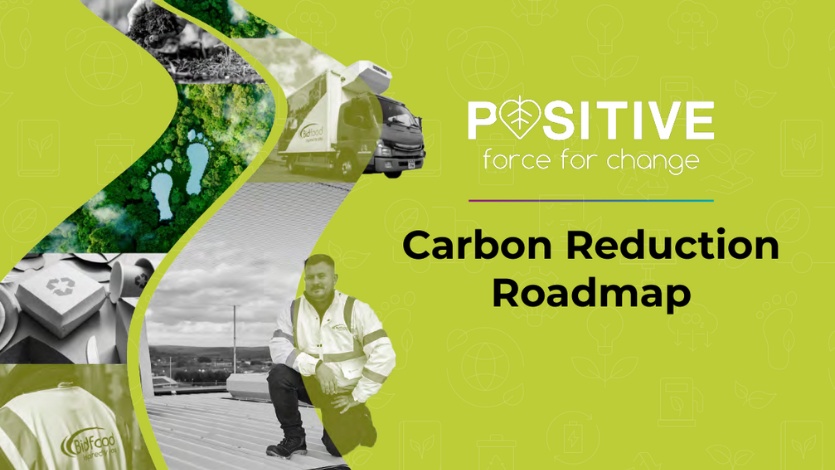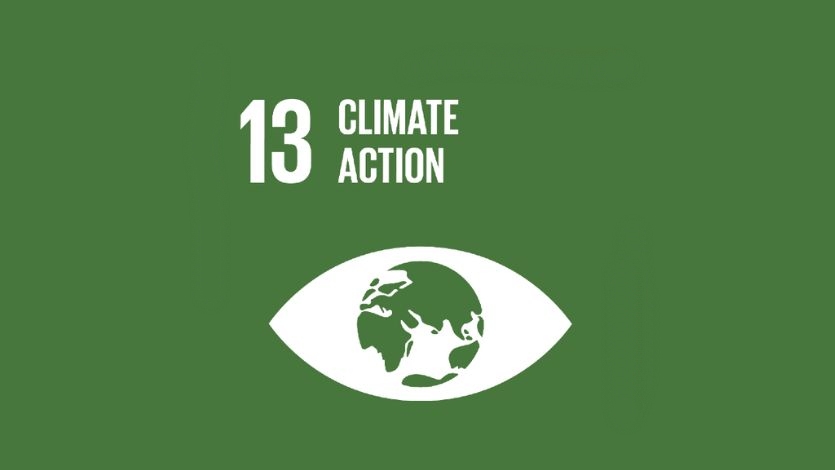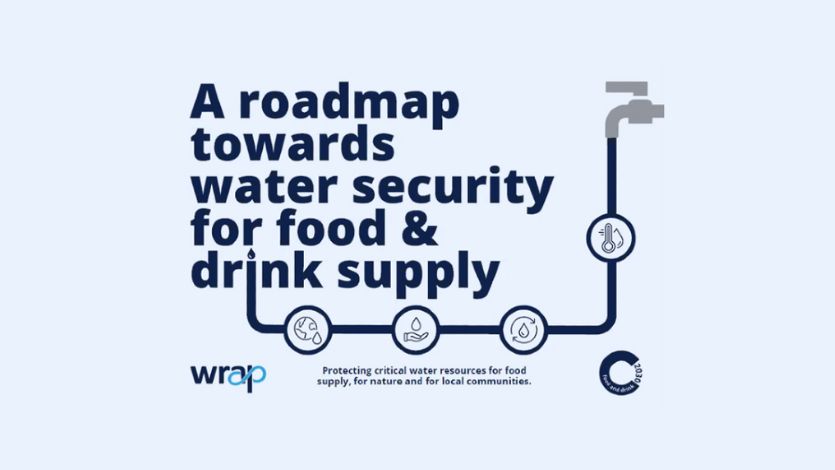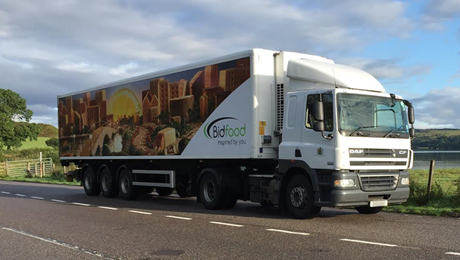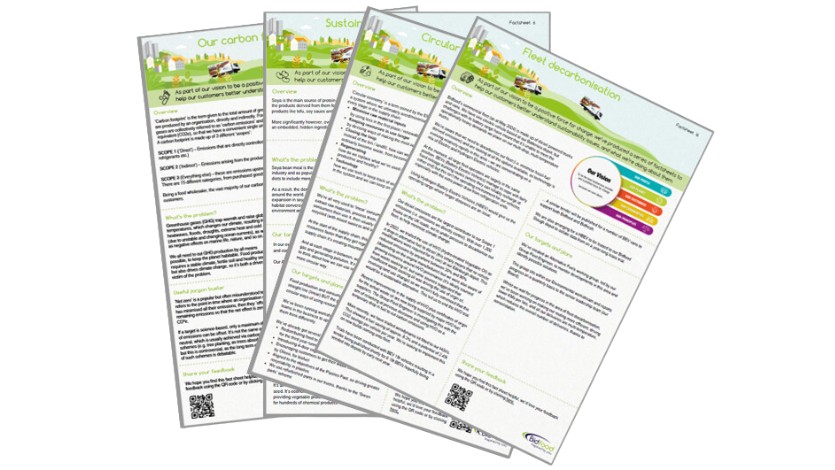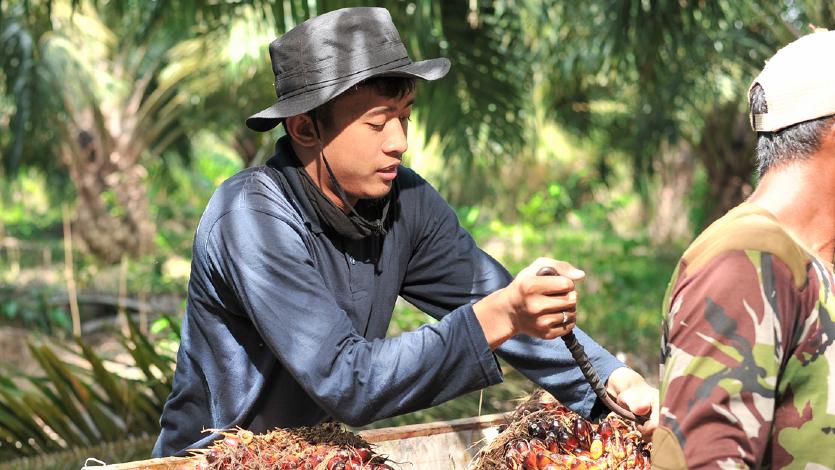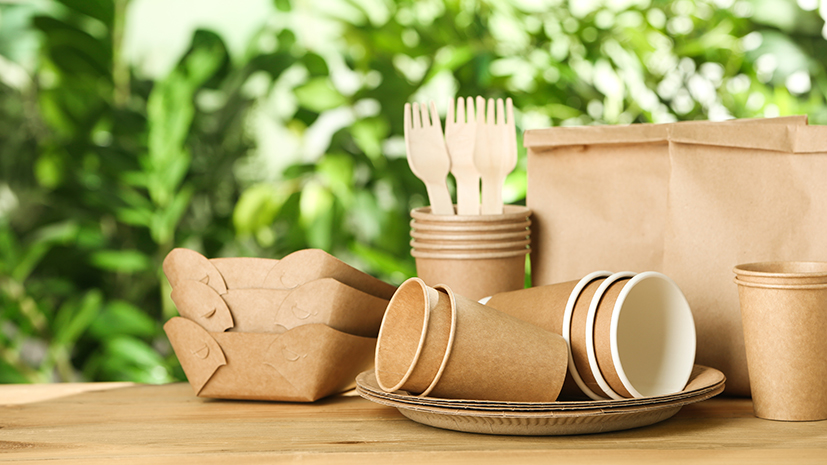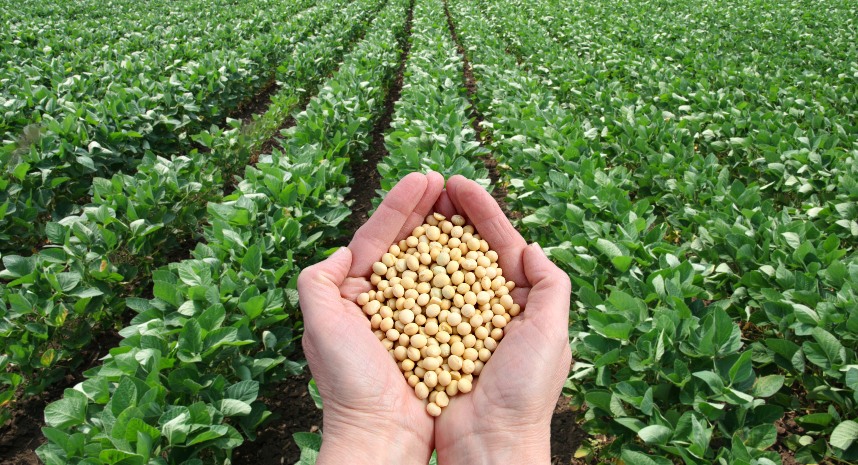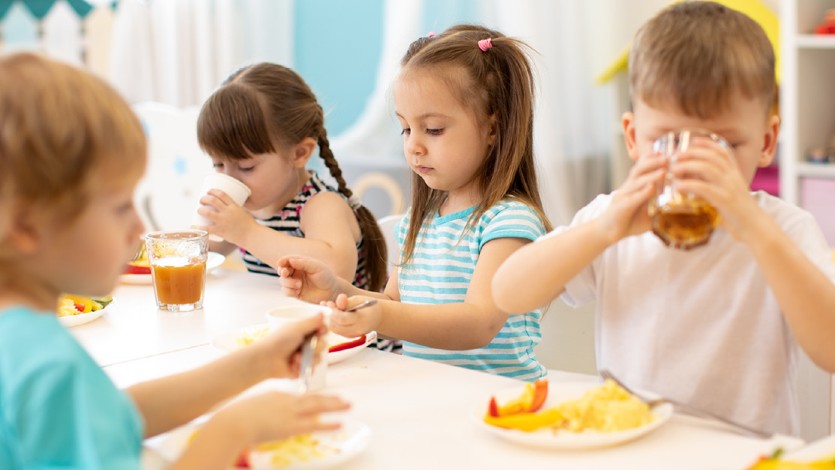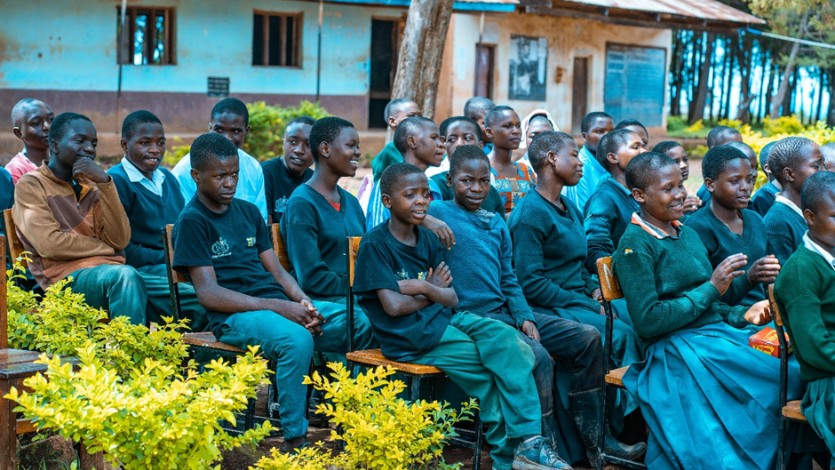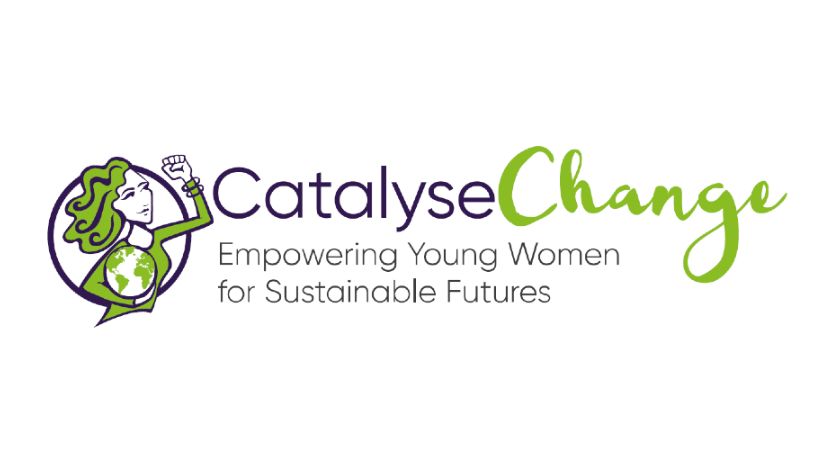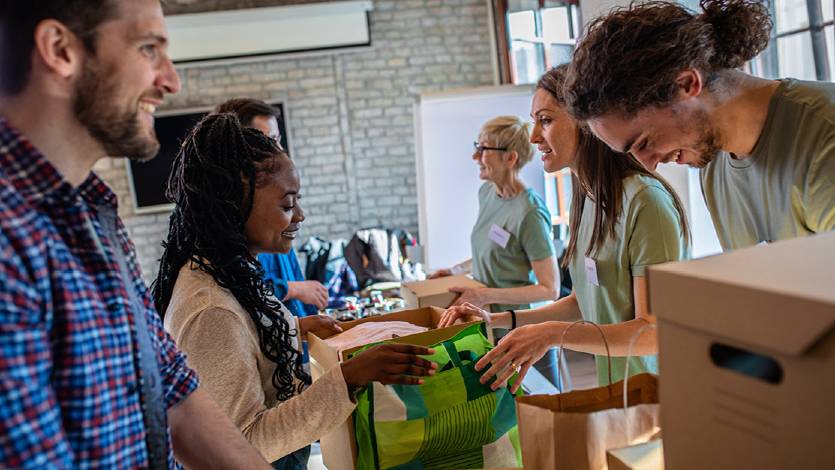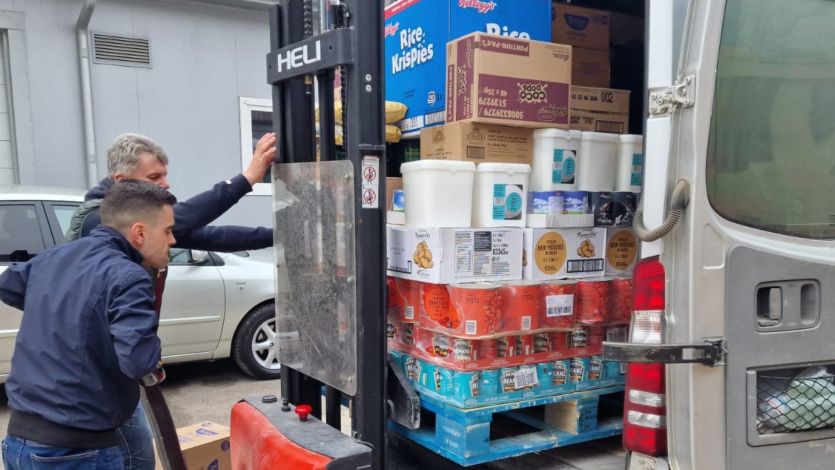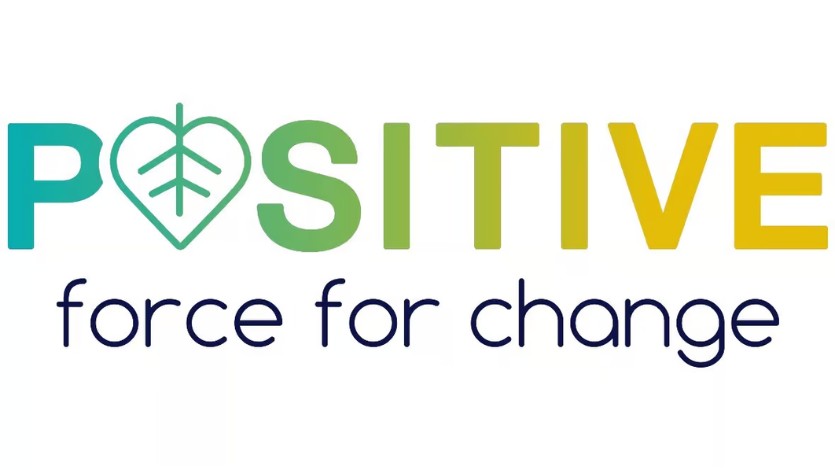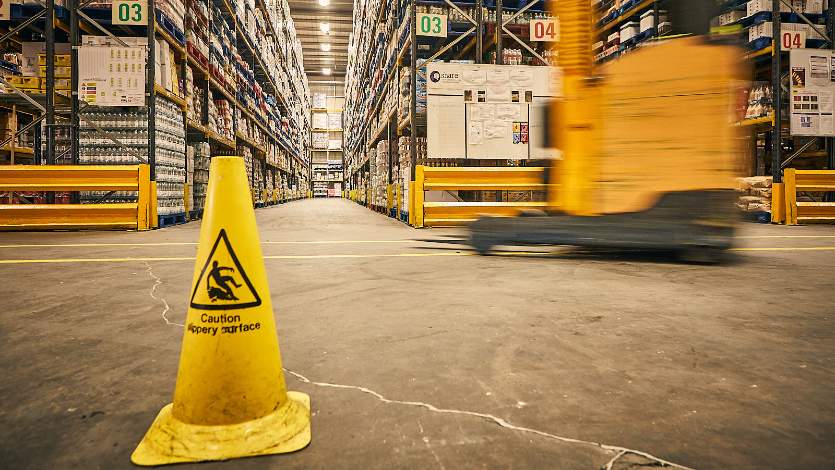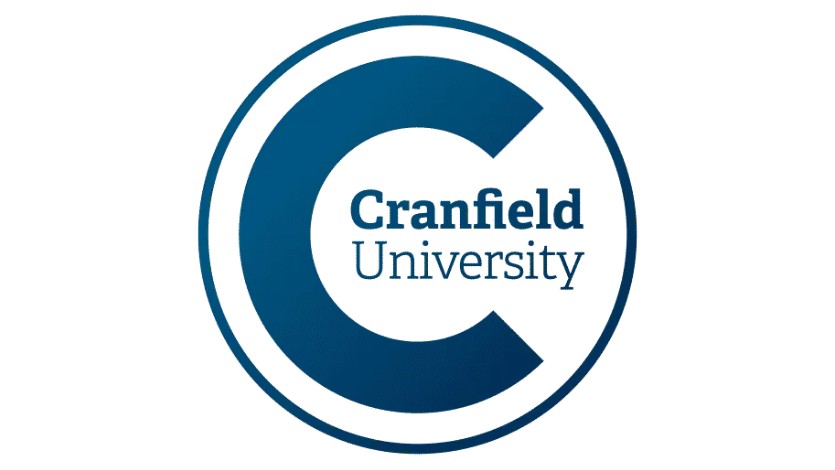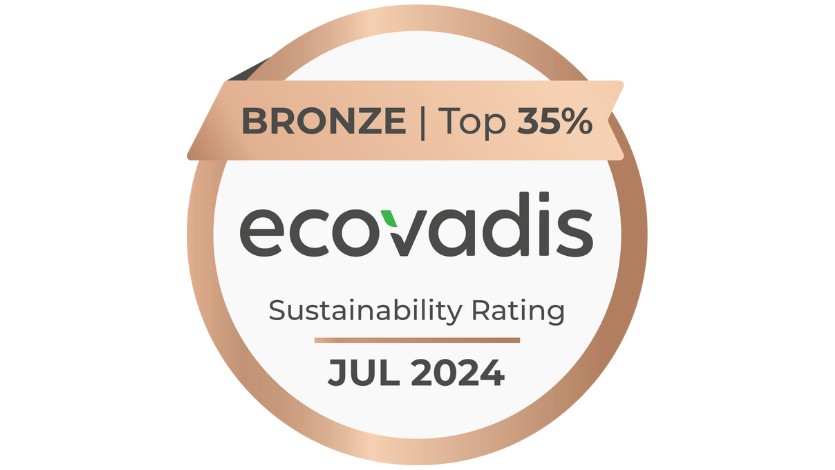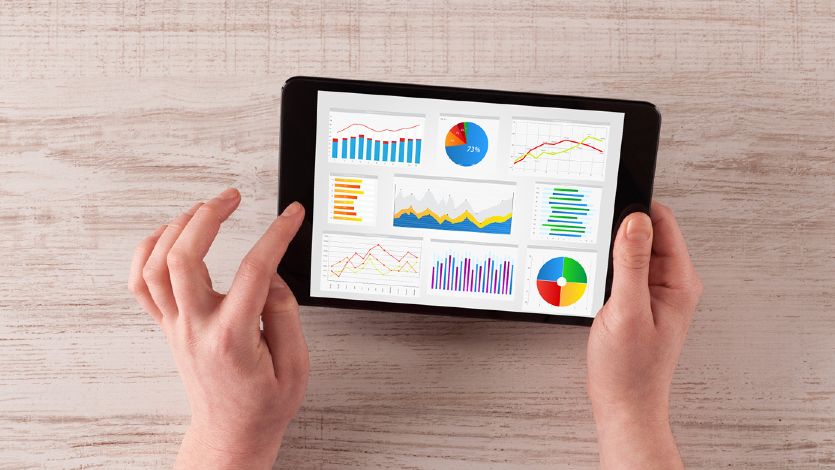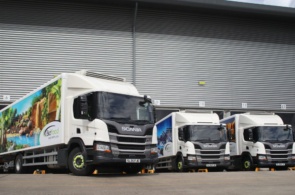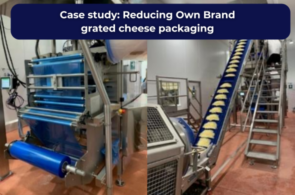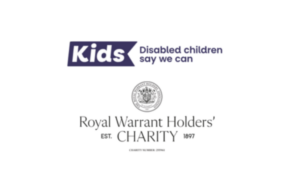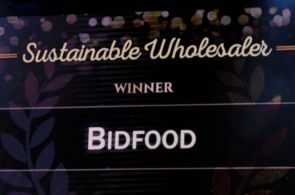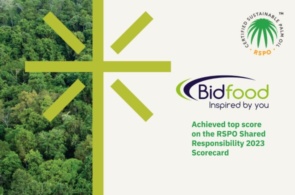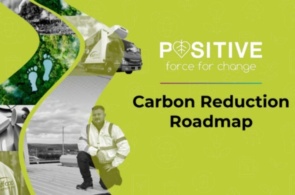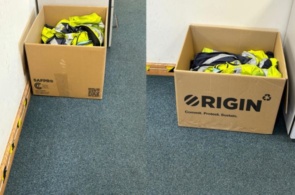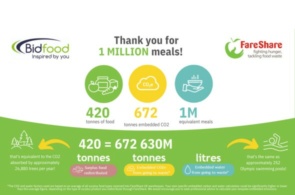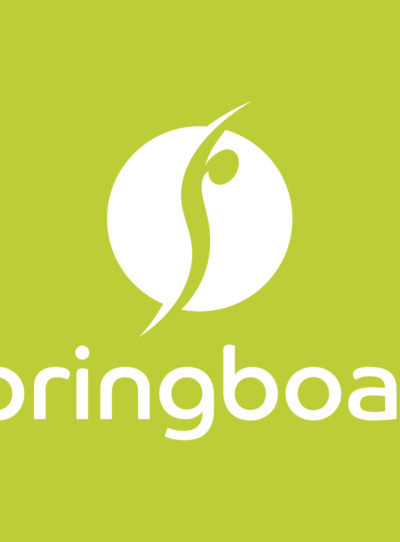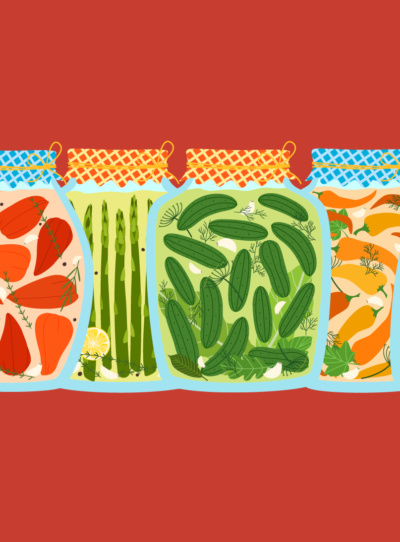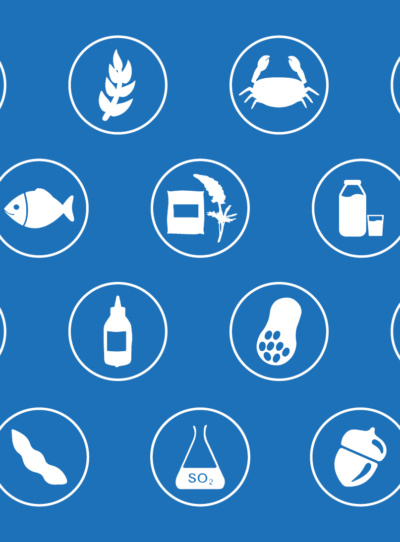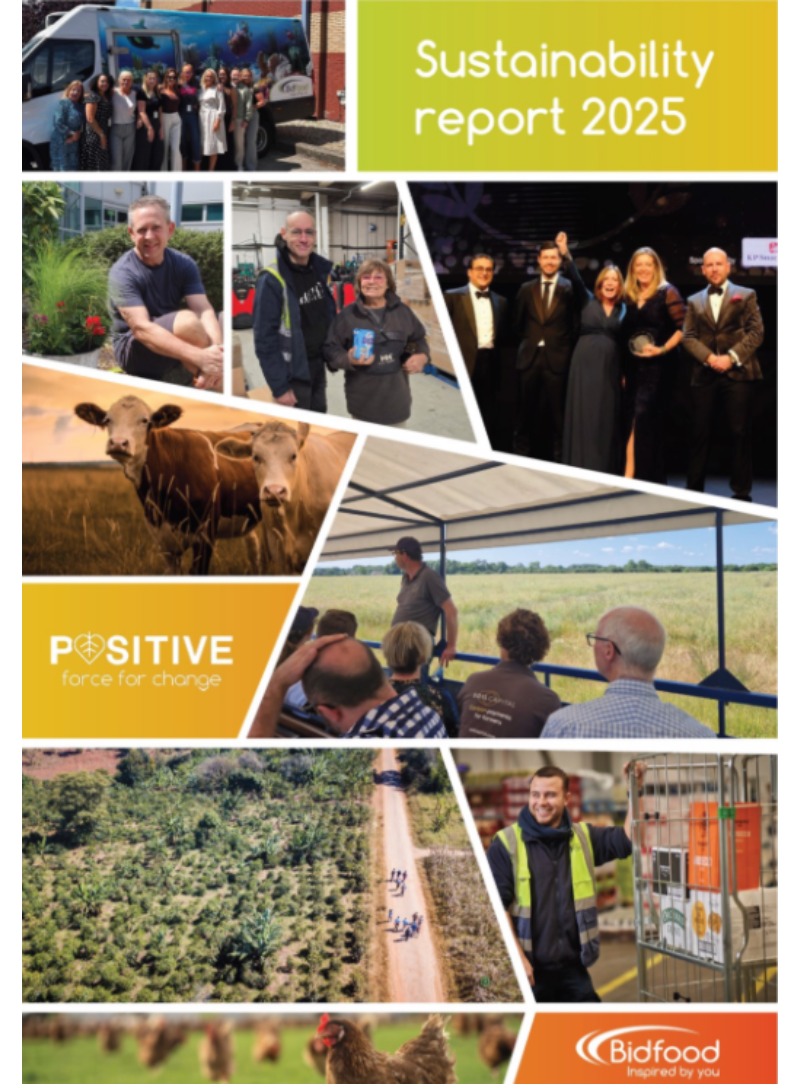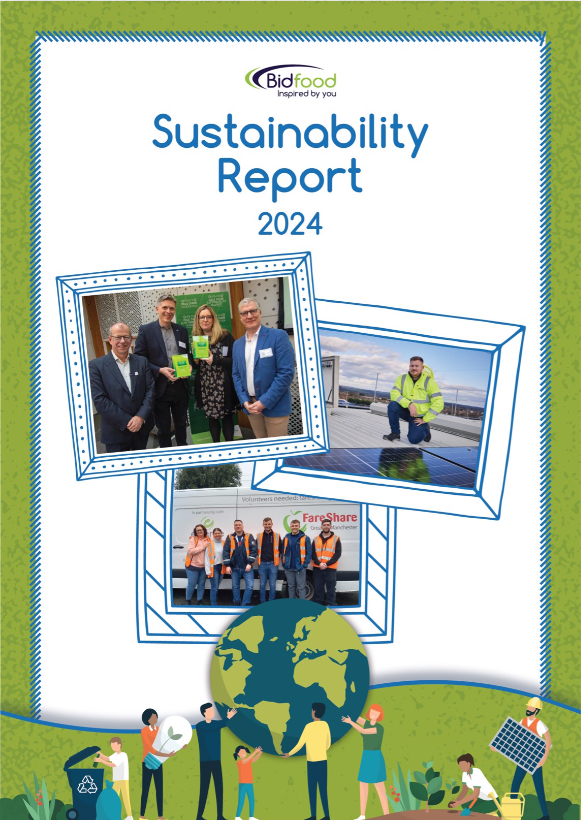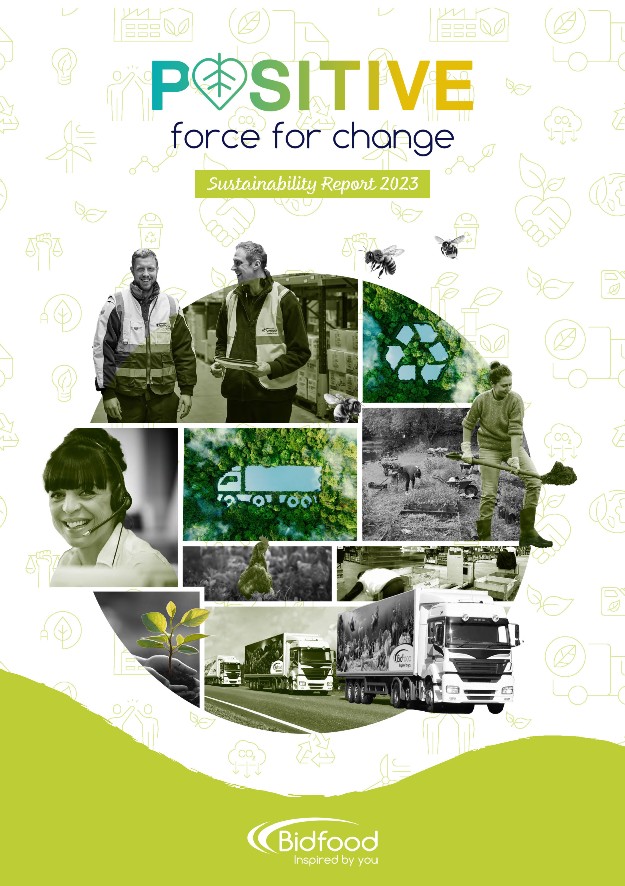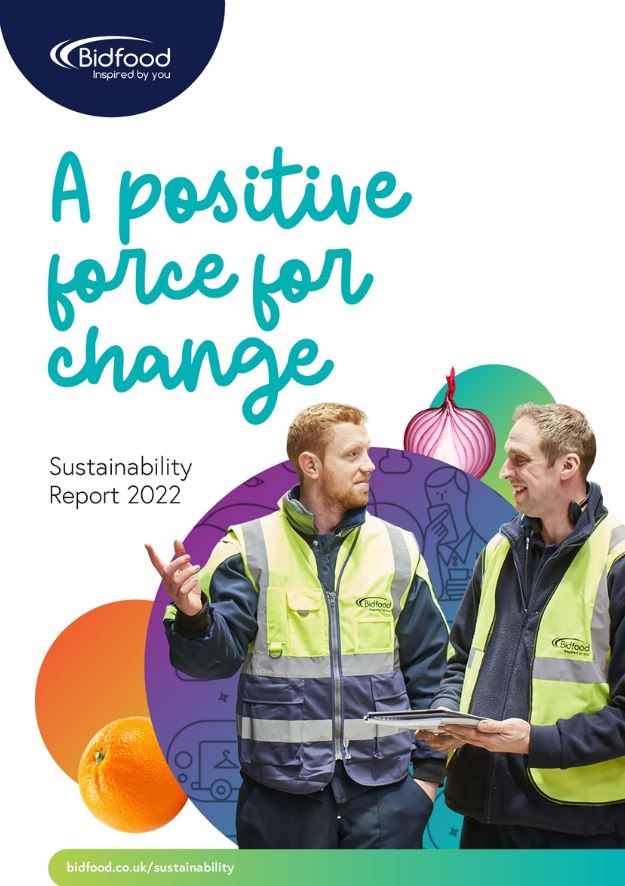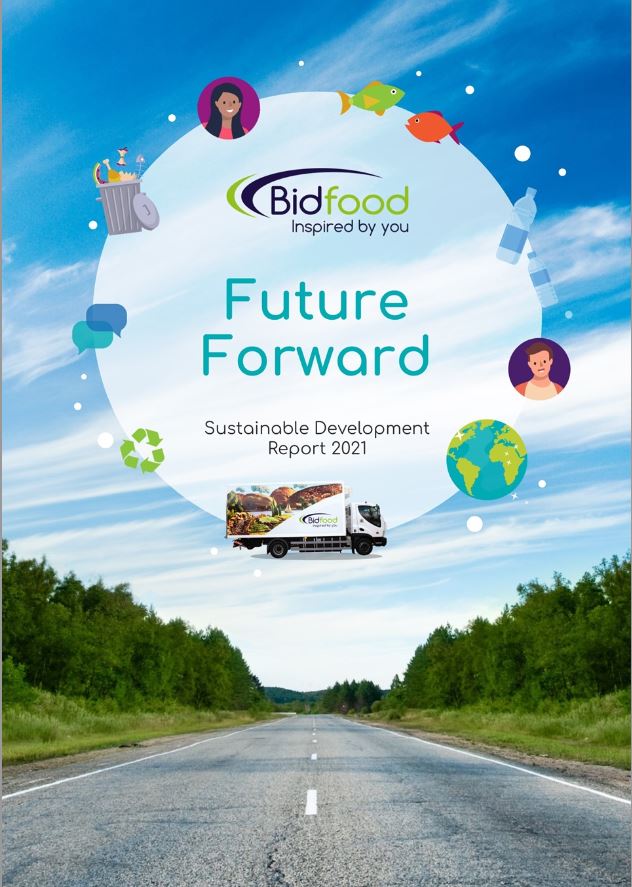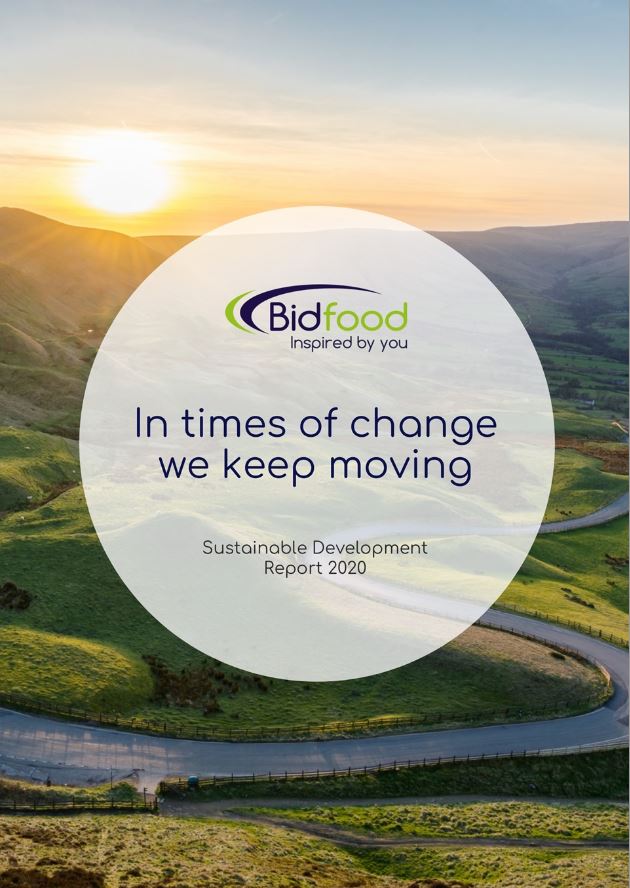Sustainability at Bidfood
Latest updates
- Latest updates
Latest updates
Blogs
Check our our latest blogs covering our vision to become a positive force for change in the industry. From updates on our sustainability mission, to advice on how you can be more sustainable, you can find it all here.
Is Bidfood UK sustainable?
In line with the Green Claims Code, we don’t claim that our organisation is environmentally sustainable in absolute terms as, although we have targets and strategies in place to decrease our environmental impact, our current sizeable carbon footprint would be one reason as to why we wouldn’t claim this status. Industrial food production has many adverse effects on our ecosystem, so we have policies in place for our own brand food to try and decrease these impacts.
These policies are just one part of our aspiration to be a positive force for change in our industry, which you can read more about here: Positive force for change | sustainability – Bidfood UK
How does Bidfood UK source sustainable products?
We have various sourcing policies in place for our own brand products, to drive up sustainability standards for foodservice, from palm oil to soya, animal welfare, eggs, fish and more. More information can be found here: Responsible sourcing | Bidfood UK
However, in line with the Green Claims Code, we don’t claim any of our products are ‘sustainable’ in absolute terms, as making this claim would require us to have absolute knowledge of the entire product lifecycle, from the farmland used to cultivate food, right through to the end of life (waste) phase of the packaging, as well as the social impacts in its production. We prefer to talk about ‘sustainable elements’ but wouldn’t call products ‘sustainable’ in absolute terms.
What is Bidfood UK doing to reduce plastic usage?
We use plastic in many ways. For food packaging of own brand products, we’re aligned to the objectives of the Plastics Pact, so we work on increasing the recyclability and recycled content of our packaging, as well as eliminating non-recyclable plastics from our own brand ranges. We also use plastic wrap as transit packaging on pallets and around a proportion of our cages, and work on decreasing this year-on-year.
We report on our progress against all these targets in our annual sustainability report, available here. Our catering supplies team also support our customers with non-plastic alternatives for food-to-go consumables.
What are Bidfood UK's sustainability goals for the future?
All our objectives and progress are outlined in our annual sustainability report, covering our activities relating to planet, people, communities, customers and principles. The target of most interest to many of our customers is our net-zero target. We’ve aligned with max 1.5°C global warming for scopes 1 and 2, and well below 2°C for Scope 3. Our ambition is to have reduced absolute carbon emissions by at least 90% by 2045, with the residual offset, which is a science-based approach toward achieving net zero.
Our baseline was set in 2019, and by 2032 we aim to reduce both Scope 1 and 2 emissions by 55% and Scope 3 emissions by 32%. By 2045, we aim to have reduced Scope 1,2 and 3 emissions by at least 90%, with the residual emissions offset to achieve net zero.
What does Bidfood UK do to minimise food waste?
Bidfood works proactively to reduce food waste at many different stages in the supply chain, ranging from supplier-facing initiatives prior to ordering, to minimising waste whilst food is in our warehouses, and sharing best practice with customers to help minimise their waste. We’re part of WRAP’s Food Waste Reduction Roadmap and report our progress in food waste reduction annually, via both WRAP’s reporting mechanisms and in our annual sustainability report.
We’re also proud to be named as one of FareShare’s Leading Food Partners for the third year running, as we divert good food that would otherwise go to waste to FareShare (as well as many other charities and community groups). We also promote Guardians of Grub, WRAP’s food waste reduction toolkit. And we share food waste reduction messages with our employees as part of Food Waste Action Week to help drive awareness of this important topic.
What industry charities do Bidfood support?
In addition to our local teams supporting many charities around the country, we are also proud to work in close collaboration with charities who do amazing work in our industry. Read more about this here: Corporate charities | Bidfood.
How does Bidfood care about their employees?
Bidfood offers a wide range of additional support to help with every aspect of our employees’ career and personal journey whilst at work. Not only do we make health and safety a priority by providing the right equipment and resources to protect everyone, we also believe in the importance of everyone feeling healthy and happy at work too.
Our vision is ‘to have a positive impact on our people by being committed to their wellbeing, helping both them and our business to be at their best’ and in order to this, we go the extra mile through supportive people policies, providing access to toolkits, guides and wellbeing solutions to support all aspects of financial, physical, mental and social health and wellbeing. We also have an interactive flexible benefits platform where employees can choose their own benefits package for healthcare, pension and even book a day off for volunteering.
We also care about our employee’s ongoing development and encourage people to take control of their own learning through career development pathways, apprenticeships and we provide access to a wealth of information, skills and training on our e-learning platform too.
We are proud of our reputation for having the #BestTeam and we achieve this because we truly care about every employee both in and outside of work.

